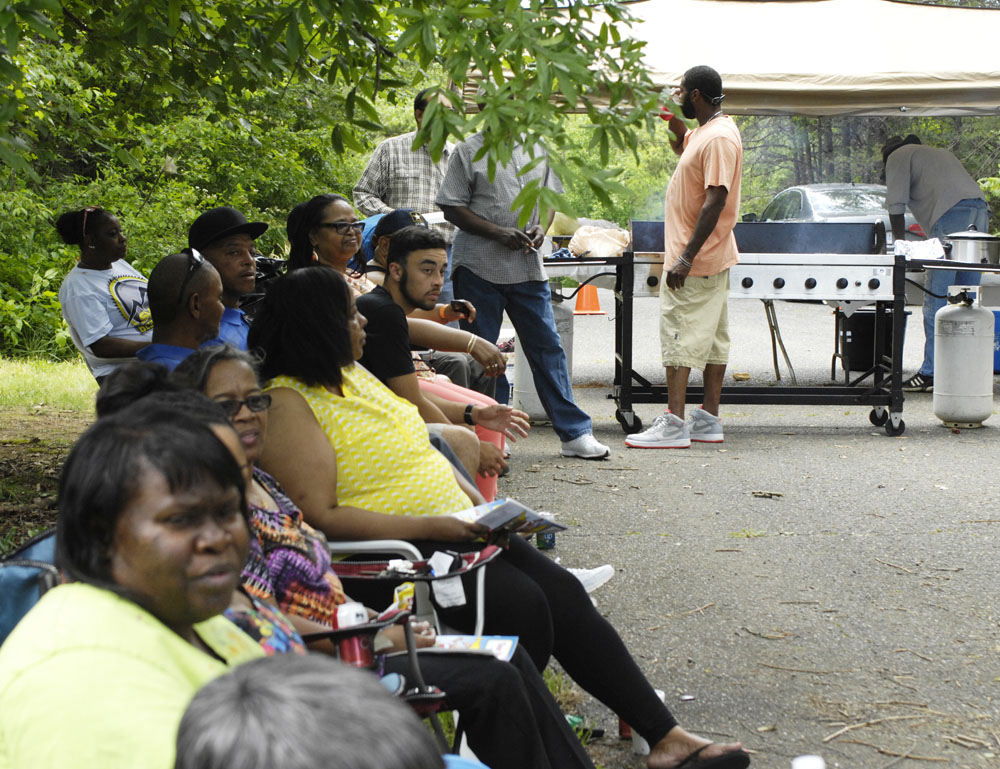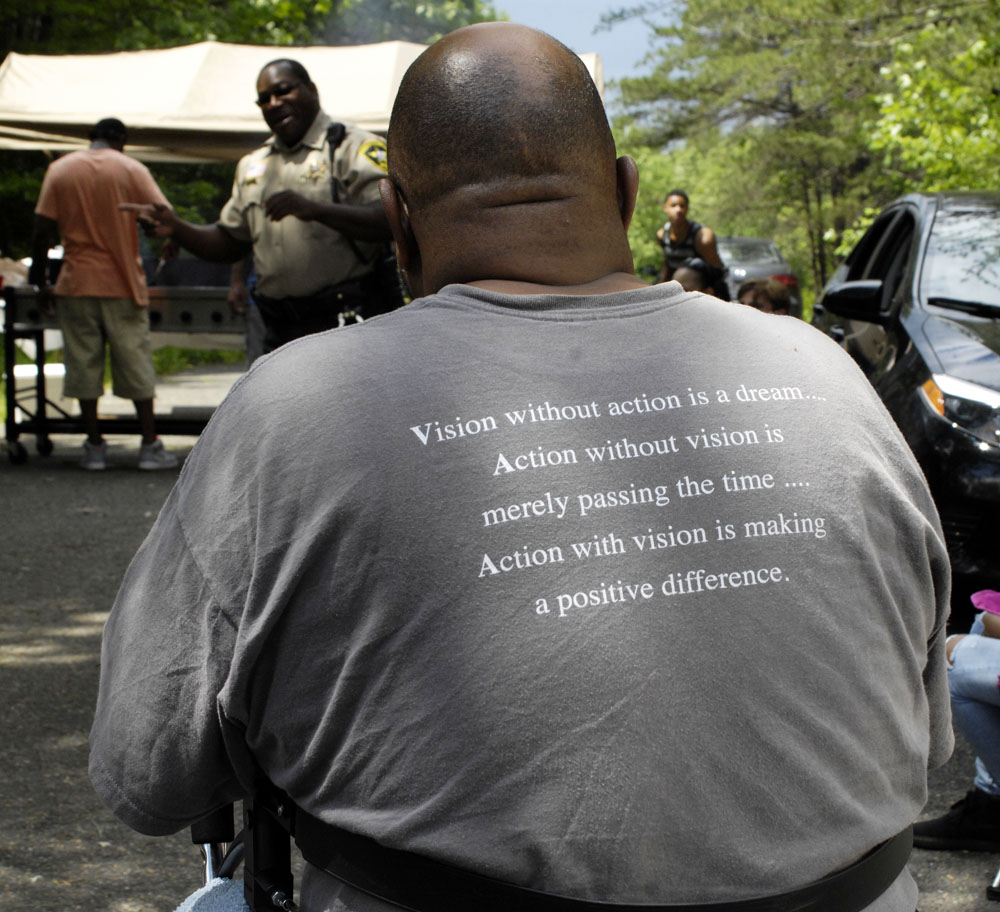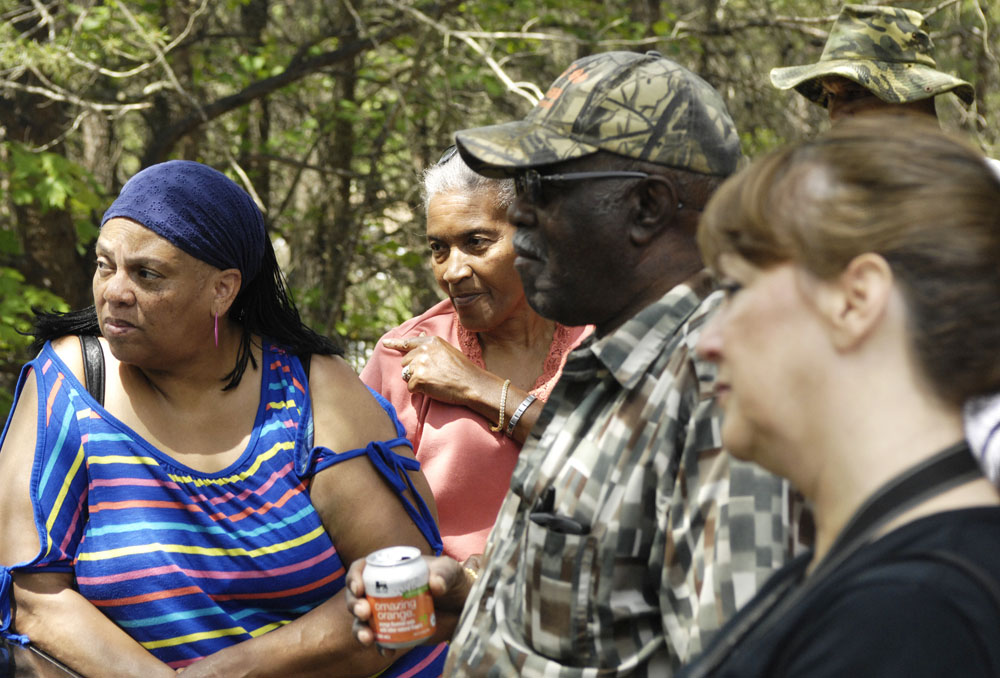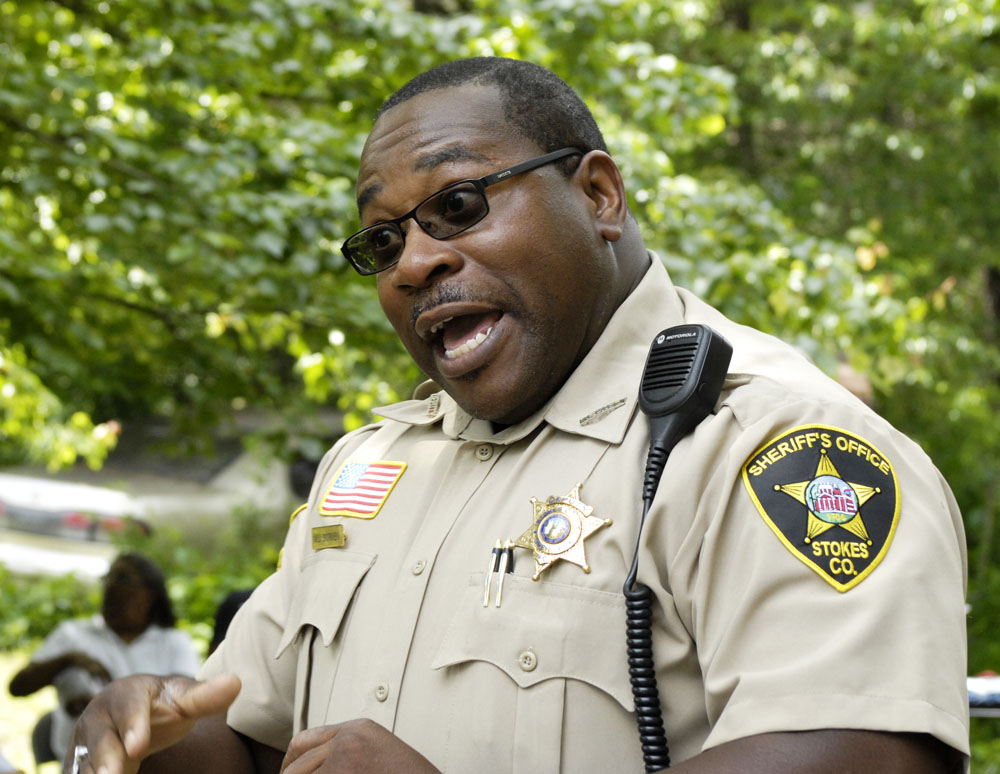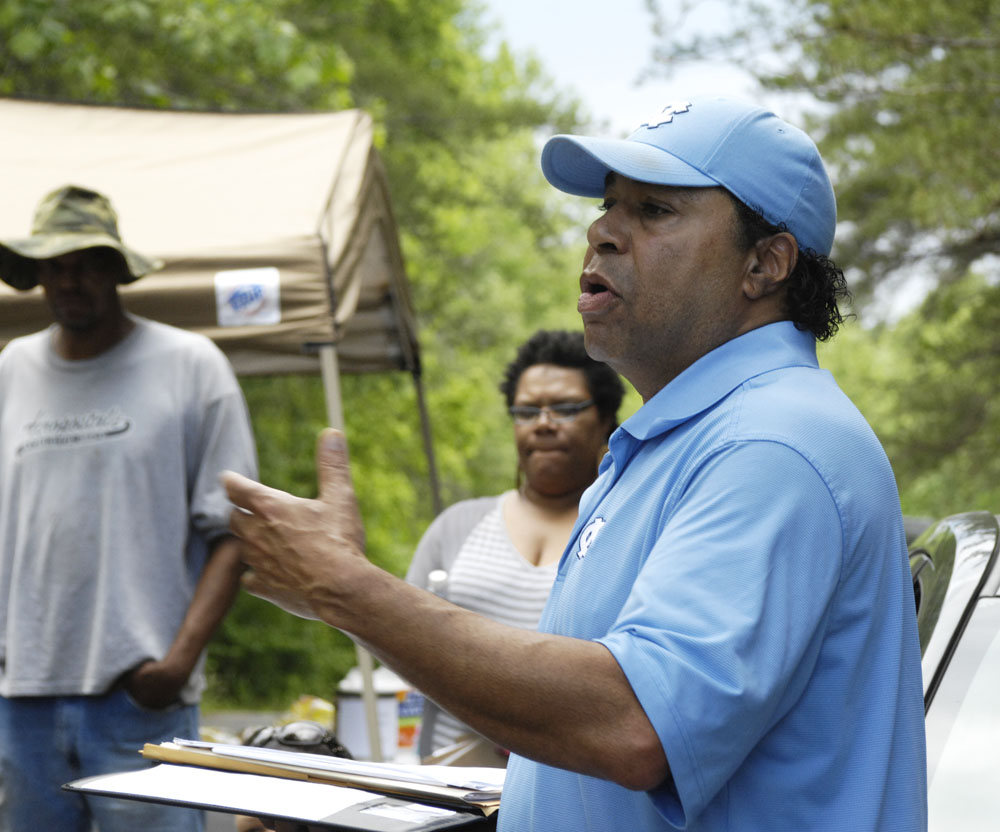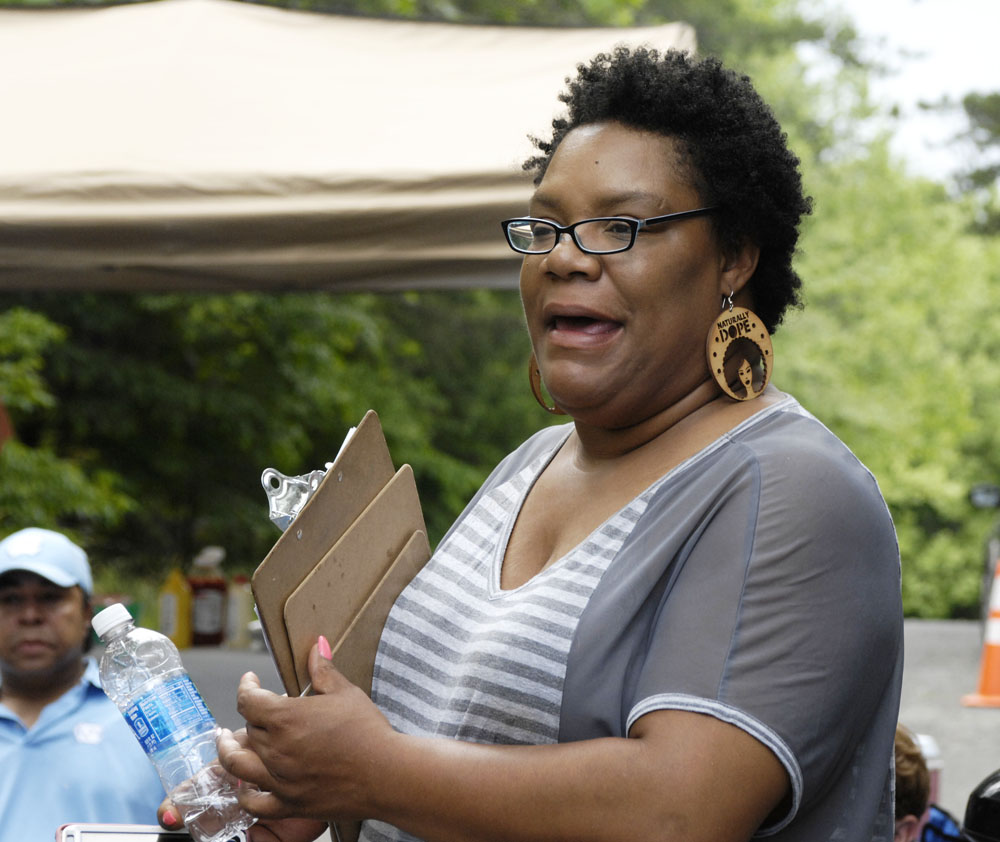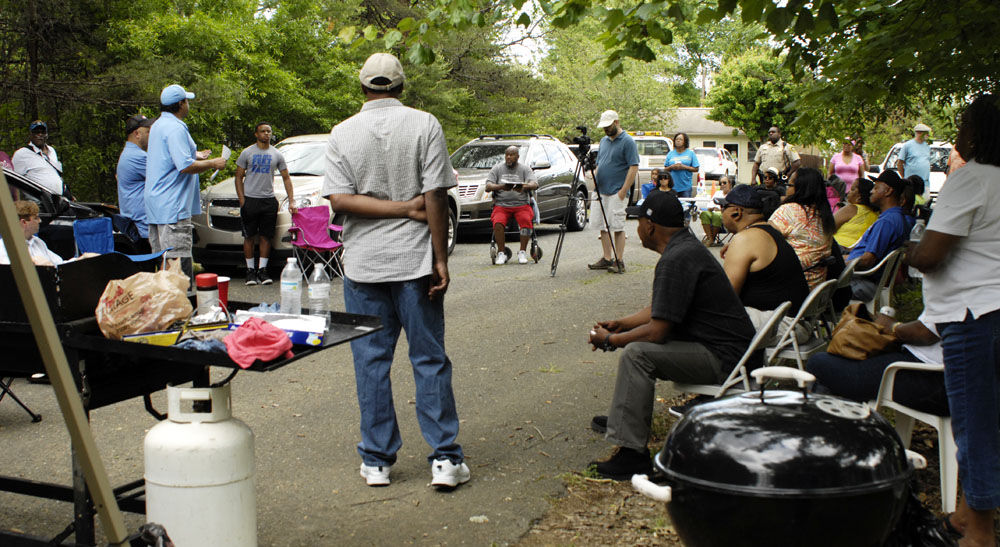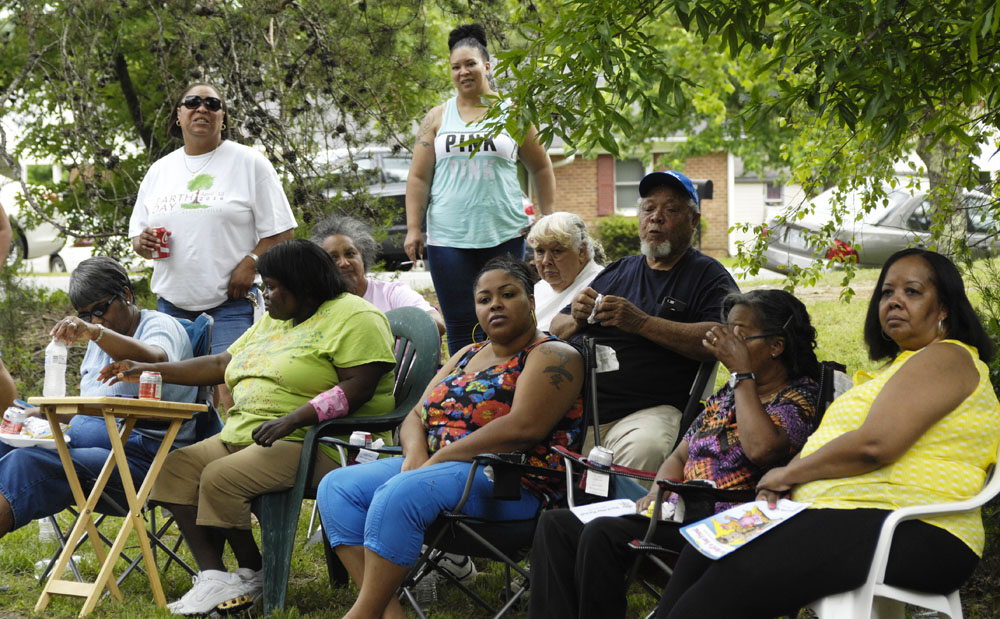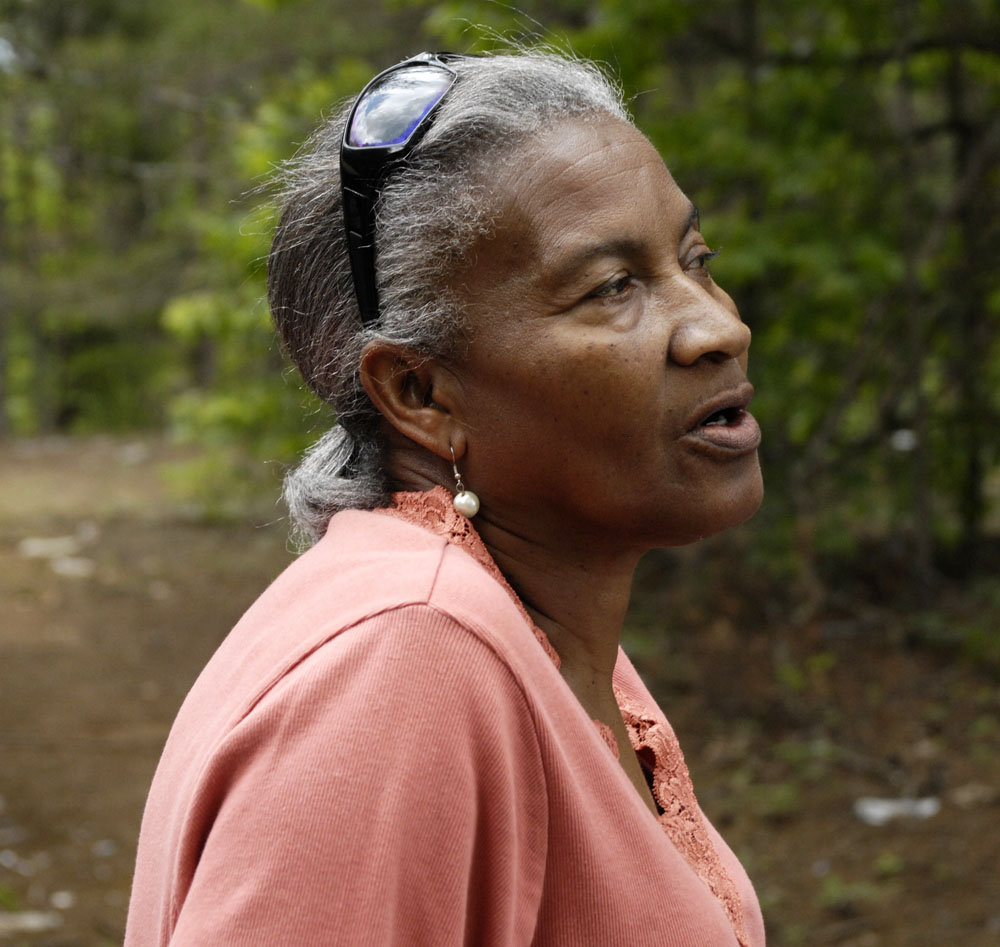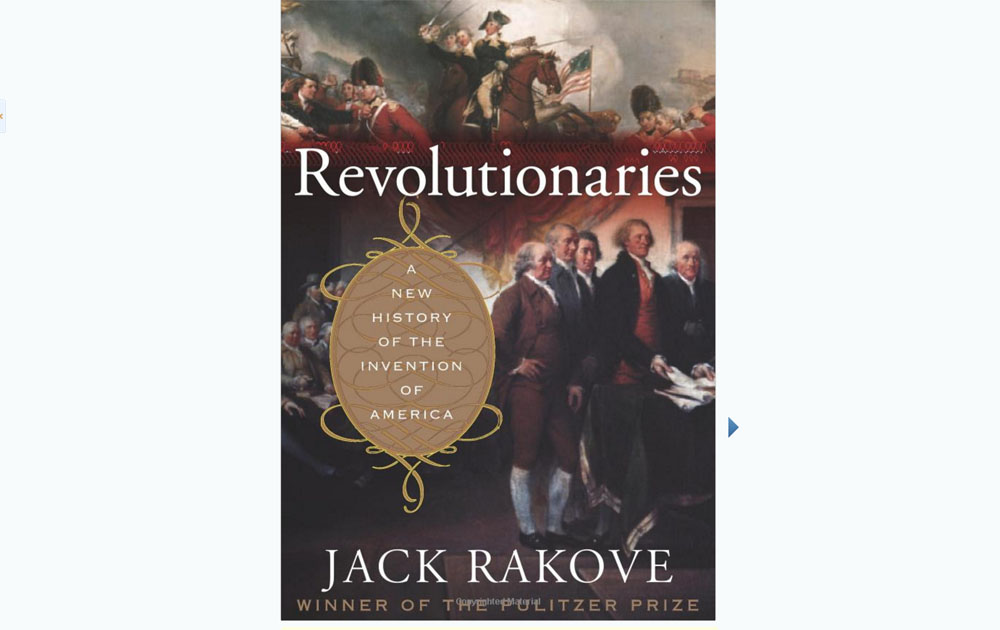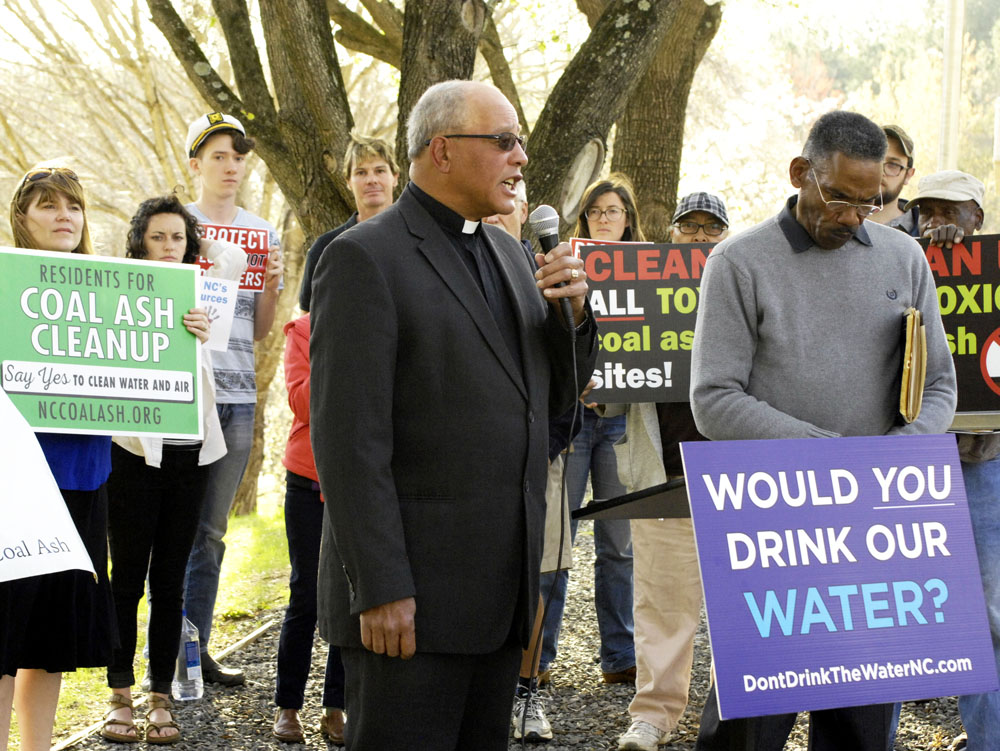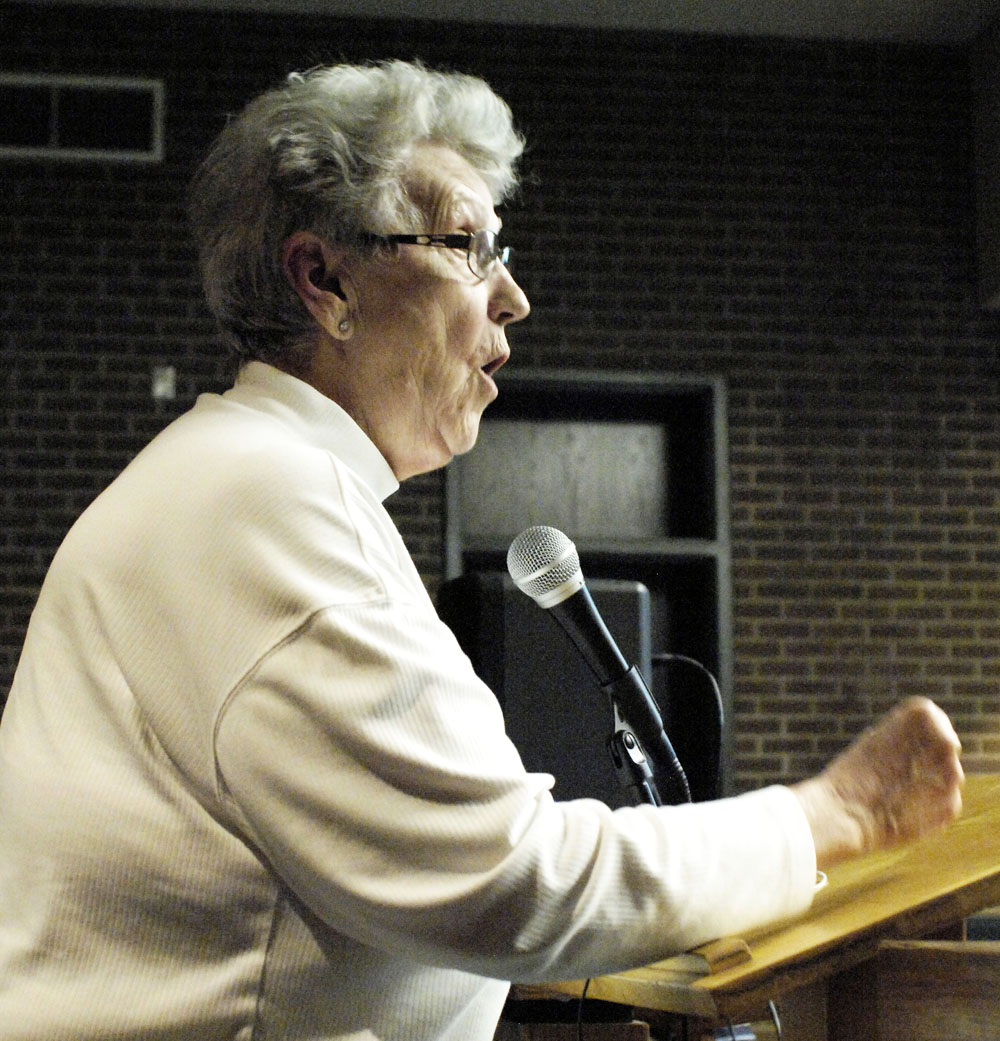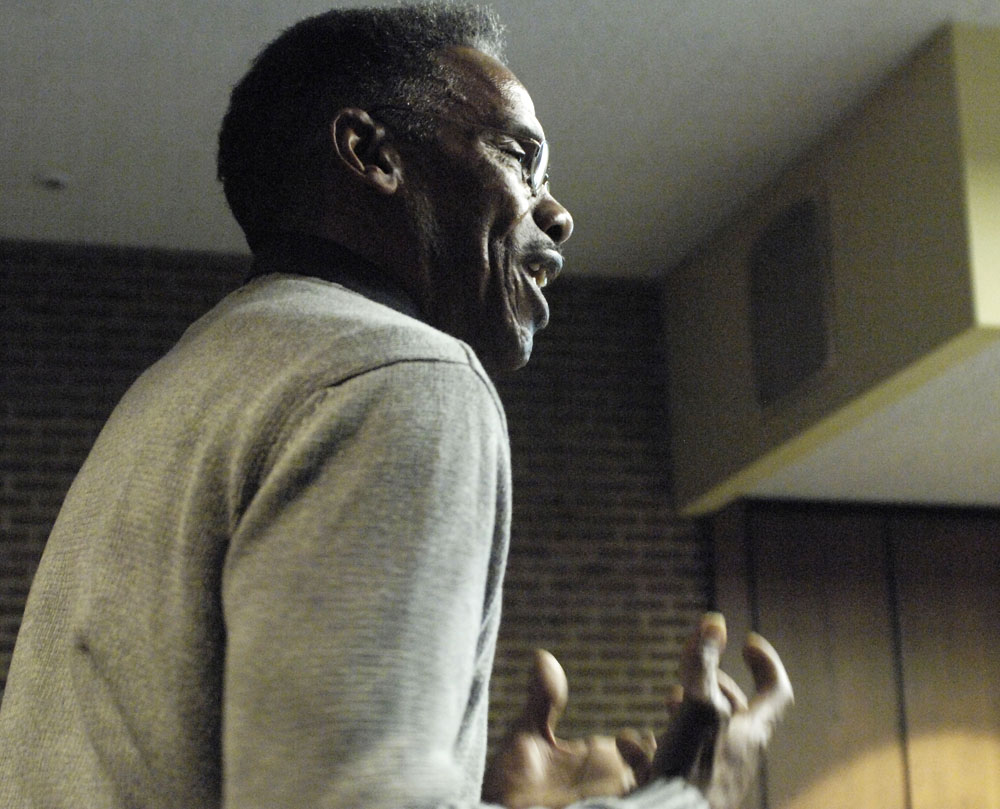
Media theory has the concept of “agenda setting.” A large part of what drives the noisy discourse in the media every day is the competition among players with their own partisan agendas to set the media’s agenda and the public’s agenda. Obviously media attention can’t be focused on everything that matters. Some topics bore the public, so attempts to get boring topics onto the agenda will be difficult. Whereas it is much easier to get a topic onto the agenda if the topic can be made to appeal to the media-consuming public. Different segments of the public have different tastes. Obviously this business of agenda-setting is complicated and contentious.
The concept of the Overton window can be very useful in monitoring the media. The Overton window frames the range of political discourse that media consumers will tolerate. Discourse that lies outside the Overton window will be found only in fringe media and will reach a limited audience. The mainstream media, for all its claims of objectivity, is constrained to keep its discourse within the Overton window, and to move along with the Overton window, if it wants an audience. The mainstream media have no choice but to follow the Overton window, even to extremes.
As a leftist, it has been alarming to watch right-wing players achieve such success at moving the Overton window hard to the right during the last 20 years. Fox News had much to do with this success. Fox News’ first big achievement was the impeachment of Bill Clinton. Fox News’ audience rose to new heights after 9/11. Right-wing agenda setters were able to get the Iraq War onto the national agenda, whipping up a national war fever that was so out of control that even the mainstream media (and many Democrats) went along with it. For the record, it was clear to a few (including me) who were not susceptible to war fever that the selling of the Iraq war was a scam and that the media and pro-war players had whipped the country into a full-blown moral panic, or what Carl Jung might have called a psychic epidemic. The right wing had struck gold with its “War on Terror.” The Overton window kept moving to the right.
In short, the right wing developed a powerful formula that kept on working for years. The Republican Party, dependent on votes from low-information white people of modest means, continuing on the same trajectory set by Nixon’s racist Southern Strategy from the 1970s, served up a cocktail to which low-information voters became addicted — guns, a repugnant right-wing God, racism, resentment of immigrants, glorification of wealth, glorification of war, fear of terrorism, opposition to the social safety net (though those voters are absolutely dependent on Medicare, Social Security, unemployment insurance, etc., and, increasingly, Obamacare). The election (and re-election) of a black President gave right-wing players even more fuel to motivate their block of susceptible voters. The Tea Party arose, and by winning both houses of Congress in the backlash of hatred and resentment and fear from white voters, the right wing was able to paralyze the American democracy. The right wing had no power to enact its agenda at the national level (except through the Supreme Court), though they made great progress in some of the states including North Carolina. The Tea Party may have been the peak of right-wing success.
It became clear that the 2016 election would be a showdown. The stakes rose with the death of Antonin Scalia, which further damaged the right wing’s ability to impose an agenda for which there is no majority support and to defy future Democratic presidents and Congresses.
Such have been the political consequences of the Overton window’s hard move to the right. If those on the right lived in fear of terror, the war on Christmas, and dark-skinned “takers,” those of us on the left lived in fear of just how far to the right the American public discourse could be pushed. Just as right-wing forces paralyzed the government, they also were successful at paralyzing the mainstream media, which had to report on birtherism and climate-change denial (for example) as though it was reasonable public discourse. The mainstream media had to pretend that the left and right were in every way equivalent — equivalently reasonable, equivalently factual, and equivalently honest — even though the right-wing media had carried disinformation and distortion to a whole new level. The right-wing media could spin out lies faster than anyone could possibly shoot them down (and that was part of their strategy). The billionaire Koch brothers have actually started to complain in interviews that they’re surprised that the money they spend on propaganda doesn’t get the traction anymore that they think it ought to get.
In spite of warnings that a limit had been reached, right-wing players continued to just ramp up the strategy that had been so successful for so many years. This brought us Donald Trump. But this also exposed something new. It exposed that the majority of Americans would not tolerate being pushed any farther to the right. The Overton window has finally crashed into its limit on the right side. The crash occurred, in fact, with so much noise and so much damage that it may well destroy the Republican Party, which was suddenly caught red-handed with its methods of voter and media manipulation — not to mention its disguised oligarchic agenda — on full public display. Trump’s style, though it has tremendous appeal to about 20 percent of the electorate, won’t fly even with many Republicans, not to mention that it won’t fly in a national election.
Meanwhile, Bernie Sanders has been pushing the Overton window to the left. The set of powerful players that Paul Krugman calls “radical centrists” (Bill and Hillary Clinton are of this type, as are many members of the Democratic Party) were stunned to see that it was possible to push the Overton window so far to the left. To call oneself a socialist, far from being the non-starter that it was previously thought to be, actually proved to be very popular, especially with young voters. And while Donald Trump (the ultimate oligarch) merely demagogued the real issue of inequality and oligarchy, Bernie Sanders actually articulated — and brought into public discourse — a strategy that is proven to control inequality and oligarchy — democratic socialism. Trump, it seems, is already trying to start his post-primary pivot toward “unity,” but his opponents won’t buy it for a second, and his supporters will think that he’s lost his balls and that his dick isn’t so big after all.
This is going to be a scary year, because the stakes are high, and elites know that both the left and the right are onto their game. That we’ve all been had is finally on the public’s agenda. Though we can partly thank Donald Trump for that, only a small group of the very dumbest voters can think that Trump has a solution. And Hillary Clinton, so accustomed to the nastiness of politics during an era in which the Overton window was so far to the right, is thrown severely off balance now that she doesn’t have to kiss up to right-wing discourse so much anymore, which required her voting for a war that was sheer madness, or opposing full civil rights for gay people. Thanks to the leftward widening of the Overton window, she is now obligated to kiss up to left-wing discourse instead and is surprised that we question her integrity or wonder how much she’d change her tune for the general election to appeal to radical centrists.
As a leftist, I am not in the least surprised that only a leftist like Bernie Sanders can (at last!) enter our public discourse without deceiving us about who he is or what his agenda is.








